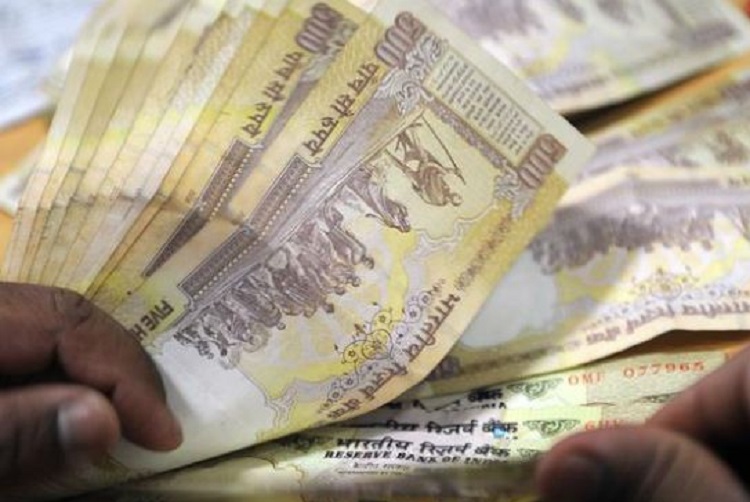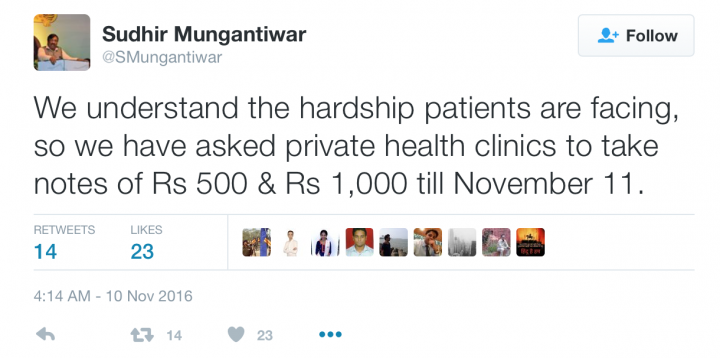- Home
- Medical news & Guidelines
- Anesthesiology
- Cardiology and CTVS
- Critical Care
- Dentistry
- Dermatology
- Diabetes and Endocrinology
- ENT
- Gastroenterology
- Medicine
- Nephrology
- Neurology
- Obstretics-Gynaecology
- Oncology
- Ophthalmology
- Orthopaedics
- Pediatrics-Neonatology
- Psychiatry
- Pulmonology
- Radiology
- Surgery
- Urology
- Laboratory Medicine
- Diet
- Nursing
- Paramedical
- Physiotherapy
- Health news
- Fact Check
- Bone Health Fact Check
- Brain Health Fact Check
- Cancer Related Fact Check
- Child Care Fact Check
- Dental and oral health fact check
- Diabetes and metabolic health fact check
- Diet and Nutrition Fact Check
- Eye and ENT Care Fact Check
- Fitness fact check
- Gut health fact check
- Heart health fact check
- Kidney health fact check
- Medical education fact check
- Men's health fact check
- Respiratory fact check
- Skin and hair care fact check
- Vaccine and Immunization fact check
- Women's health fact check
- AYUSH
- State News
- Andaman and Nicobar Islands
- Andhra Pradesh
- Arunachal Pradesh
- Assam
- Bihar
- Chandigarh
- Chattisgarh
- Dadra and Nagar Haveli
- Daman and Diu
- Delhi
- Goa
- Gujarat
- Haryana
- Himachal Pradesh
- Jammu & Kashmir
- Jharkhand
- Karnataka
- Kerala
- Ladakh
- Lakshadweep
- Madhya Pradesh
- Maharashtra
- Manipur
- Meghalaya
- Mizoram
- Nagaland
- Odisha
- Puducherry
- Punjab
- Rajasthan
- Sikkim
- Tamil Nadu
- Telangana
- Tripura
- Uttar Pradesh
- Uttrakhand
- West Bengal
- Medical Education
- Industry
Maharashtra: Hospitals, clinics, asked to accept demonetised notes

Mumbai: With the demonetisation of currency hitting hard on healthcare delivery across the country, the state government of Maharashtra decided to ask medical practitioners to accept the demonetised Rs 500 and Rs 1,000 notes in the state, till 11th november.
A tweet with respect to the same was made by the State Finance Minister, Sudhir Mangantiwar stating

The directive comes in the wake of discussions of the State Finance minister, with his union counterpart, Shri Arun Jaitley and the Reserve Bank of India (RBI) on Wednesday. A report in Times Of India adds that this would be valid to private clinics, hospitals and chemist shops allowing them accept Rs 500 and Rs 1,000 notes till November 11.
With this Maharashtra becomes the first state to allow private practitioners to accept the demonetised notes. Medical Dialogues team earlier reported that hospitals across the country had made representation to the government that equal exemption to apply to government as well as private hospitals.
Read Also : Confusion prevails on healthcare delivery as Government bans Rs 500 and Rs 1000 notes
Meanwhile, government hospitals in the state are reported to have written to the Treasury department to provide them with more cash change to give back to the patients when they give higher currency notes. Dr Avinash Supe, dean of King Edward Memorial (KEM) Hospital and director of all civic run medical institutions told Free Press Journal ,"However, we understand that even the treasury is facing a shortage of cash of smaller denomination notes and they are helpless at this juncture," adding that "We are taking every effort to help the poor patients and are not turning them away."
Setting precedence for many, AIIMS, New Delhi came up with a simple solution- the organisation decided to exempt the OPD card charges for walk-in patients and Out-Patient clinical charges less than Rs 500 per patient for November 10 and November 11.
A tweet with respect to the same was made by the State Finance Minister, Sudhir Mangantiwar stating

The directive comes in the wake of discussions of the State Finance minister, with his union counterpart, Shri Arun Jaitley and the Reserve Bank of India (RBI) on Wednesday. A report in Times Of India adds that this would be valid to private clinics, hospitals and chemist shops allowing them accept Rs 500 and Rs 1,000 notes till November 11.
With this Maharashtra becomes the first state to allow private practitioners to accept the demonetised notes. Medical Dialogues team earlier reported that hospitals across the country had made representation to the government that equal exemption to apply to government as well as private hospitals.
Read Also : Confusion prevails on healthcare delivery as Government bans Rs 500 and Rs 1000 notes
Meanwhile, government hospitals in the state are reported to have written to the Treasury department to provide them with more cash change to give back to the patients when they give higher currency notes. Dr Avinash Supe, dean of King Edward Memorial (KEM) Hospital and director of all civic run medical institutions told Free Press Journal ,"However, we understand that even the treasury is facing a shortage of cash of smaller denomination notes and they are helpless at this juncture," adding that "We are taking every effort to help the poor patients and are not turning them away."
Setting precedence for many, AIIMS, New Delhi came up with a simple solution- the organisation decided to exempt the OPD card charges for walk-in patients and Out-Patient clinical charges less than Rs 500 per patient for November 10 and November 11.
Meghna A Singhania is the founder and Editor-in-Chief at Medical Dialogues. An Economics graduate from Delhi University and a post graduate from London School of Economics and Political Science, her key research interest lies in health economics, and policy making in health and medical sector in the country. She is a member of the Association of Healthcare Journalists. She can be contacted at meghna@medicaldialogues.in. Contact no. 011-43720751
Next Story


